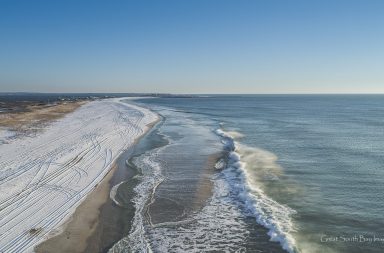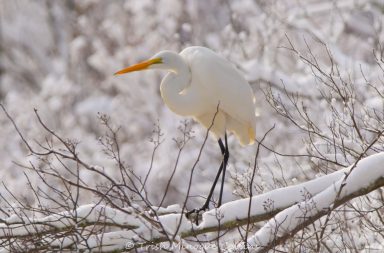“Factoids” from Dr. Russ Burke
- Turtles in general are very poor candidates for sustainable harvest
◦ They depend on high adult survivorship, long life, & repeated reproductive opportunities
◦ Loss of even a small number of adult female terrapins can quickly cause dramatic population declines
◦ The only long term New York study is in Jamaica Bay
▪ That initially large population has decreased by 60% in the last decade
- Terrapins natural history
◦ The only American turtles that specialize in brackish water ecosystems
◦ Inhabit only salt marshes and mangrove swamps
◦ Not migratory—tend to live close to where hatched
◦ Only come on land to nest
◦ Terrapins are important predators of crustaceans, crabs, mollusks & other invertebrates
- Terrapins are keystone species
◦ Terrapin conservation is critical to the maintenance of natural nutrient and energy pathways
◦ Terrapin predation has been shown to dramatically reduce the abundance of periwinkles
▪ Without predators, periwinkles can devastate salt marshes
◦ Terrapins move enormous quantities of nutrients and calories from water to land in the form of eggs
Eggs equivalent to 1,334,000 kJ were eaten by raccoons in one small beach in Jamaica Bay in a single year
▪ Terrapin eggs and hatchlings feed a variety of predators
- Terrapins used to be common
◦ NY populations were historically large throughout the lower Hudson River
◦ Nearly wiped out in the 1880s-1930s when they were harvested commercially for soup
◦ They recovered somewhat, but have been further decimated by marsh loss
◦ Most harvested terrapins are sold to other countries
◦ For these reasons terrapins are being proposed for “threatened” status on the IUCN’s Red List
◦ Remaining threats are declining marsh habitats, by-catch in crab pots, road kill, pollution
- Only a few people harvest terrapins in New York
◦ So proposed rule change will not affect very many people
◦ Most other states have restricted harvest for same reasons
◦ Closing this loophole will mean no one can pass off terrapins harvested elsewhere as terrapins harvested legally in New York
◦ Given the rapid decline of most of New York’s salt marshes, terrapins do not need the additional impact of harvests
◦ Support proposed change to NYCRR Part 3 to close the season on diamondback terrapins
Special thanks to:
Carl Lobue, The Nature Conservancy
Dr. Russ Burke, PhD, Hofstra University
Ted Scalzo, Videographer



